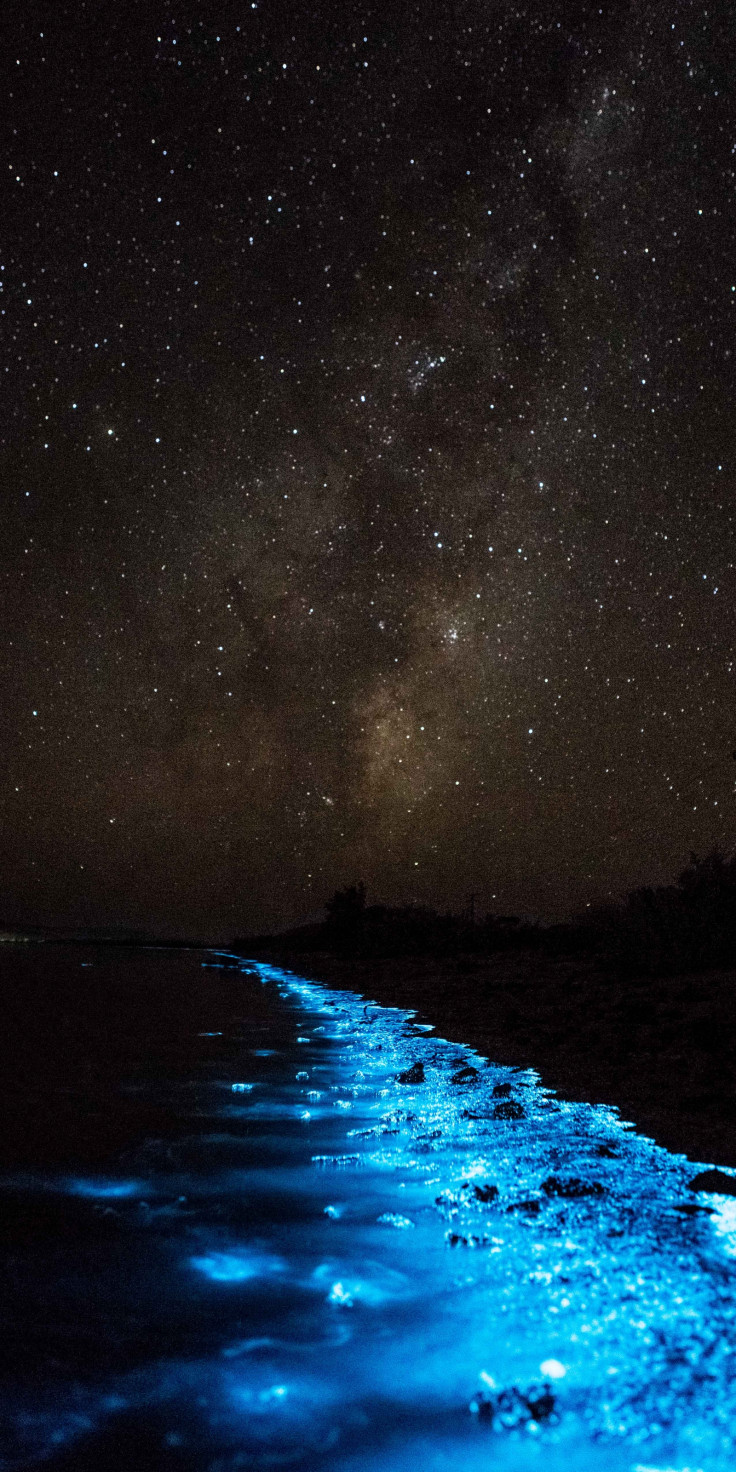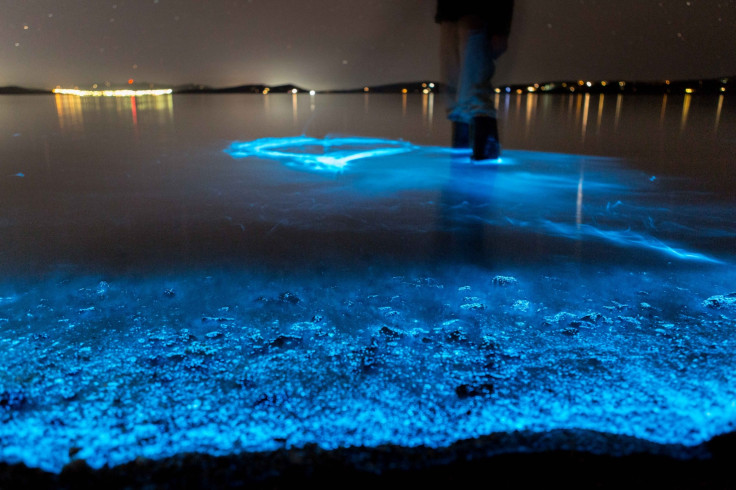Nature's rhapsody in blue: Tasmania shoreline glitters with magical bioluminescent plankton [Photos]
The shore of a river in Tasmania came alive with 'sea sparkle' over recent days following the arrival of billions of bioluminescent plankton.
The River Derwent, in southern Tasmania, lit up with glow-in-the-dark plankton that turned parts of the shoreline neon blue.
Beautiful images of the event were taken by photographer Jo Malcomson, of Blackpaw Photography, who said the blooms were fairly regular in the area, but such a high concentration was highly unusual.
Speaking to CNN, she said: "It was very much like entering into a magical wonderland. It's a childlike wondrous experience, which completely absorbs one's attention and captures one's imagination."
The plankton – Noctiluca scintillans – produce a light in its cytoplasm (a gel-like substance) when it is disturbed. The resulting glow has led the plankton to gain the alias sea sparkle, with their scientific name meaning twinkling night light.

Jellyfish expert Lisa-Ann Gershwin, who visited the shore to see the event, said it was the "most wondrous sight imaginable". She told 936 ABC Hobart: "I've seen a lot of bioluminescence in the past 25 years and this is the best I've ever seen."
Hundreds of people turned up to see the sea sparkle, with onlookers playing in the sea.
However, experts warned that the rare gathering could be a sign of a changing climate.

Anthony Richardson from the CSIRO, the national science agency of Australia, told New Scientist that Noctiluca scintillans first appeared in 1994 and since then global warming has strengthened the East Australian current, pushing warm water towards Tasmania.
The displays are a sign of climate change," he said. "As the Southern Ocean warms, it will be warm enough for Noctiluca to survive.
Increasing numbers mean it will upset the food chain – the plankton's feeding habits mean other organisms will starve, while also killing fish through oxygen depletion, University of Tasmania scientist Gustaaf Hallegraeff explained.
"As wondrous and entertaining as Noctiluca is, it is also a species infamous for causing fish kills," he said.
© Copyright IBTimes 2024. All rights reserved.






